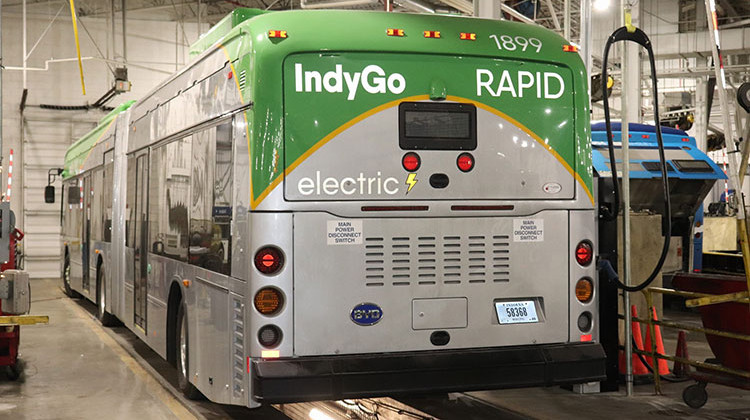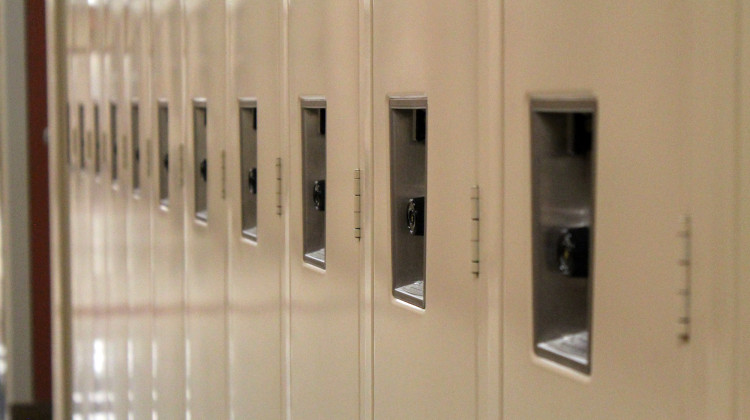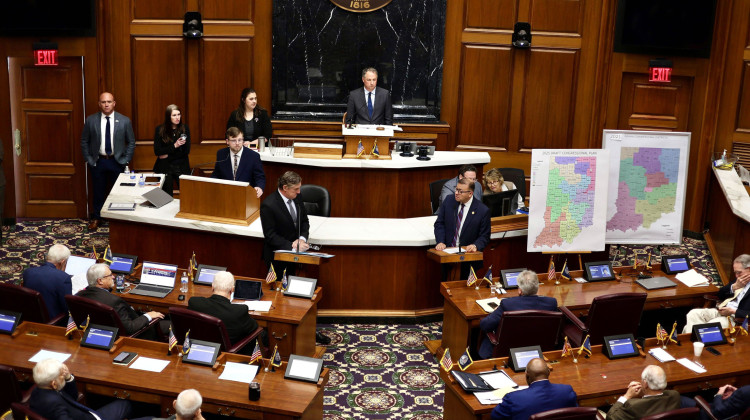A bill being considered by Indiana lawmakers would make it more difficult for IndyGo to cover costs. The measure could also put the Purple and Blue Lines at risk if current revenue source requirements aren’t met.
Under current law, IndyGo must raise 10 percent of operating costs through non-fare, non-tax sources, like state and federal grants. The new legislation adds language to say that those grants would not count towards cost requirements.
Indy Chamber Chief Policy Officer and IndyGo Board Member Mark Fisher said a robust public transportation system is a public priority.
“We should support IndyGo’s pursuit of these federal grants and capture as much federal money as possible,” Fisher said.
Marion County voters supported a 2016 referendum to expand public transportation with a tax increase. The new legislation says those local taxes would be withheld if IndyGo doesn’t meet funding requirements.
Similar legislation from Republican Sen. Aaron Freeman was introduced last year but did not pass. In a statement Freeman said the legislation is about accountability. "When the people of Marion County voted in favor of building mass transit lines," he said, "they did so with the expectation that IndyGo would hold up their end of the bargain."
The city’s first rapid transit line, the Red Line, launched last year and was constructed with $75 million in federal funds. Federal money is also allocated for the yet-to-be constructed Purple Line.
Fisher said those investments fund more than busses.
“They are fixing pedestrian infrastructure, they’re fixing the drainage infrastructure, repaving the streets,” he said.
The Purple Line that would connect Lawrence and Indianapolis and the Blue Line to the airport could be at risk if the state lawmakers pass the bill. The legislation prohibits additional rapid transit lines if requirements aren’t met.
Fisher said that would sustain systemic inequities. “The transportation network is a very critical component for people to access jobs, education and health care,” he said.
The bill assigned to the Appropriations committee has yet to receive a hearing.
 DONATE
DONATE








 Support WFYI. We can't do it without you.
Support WFYI. We can't do it without you.